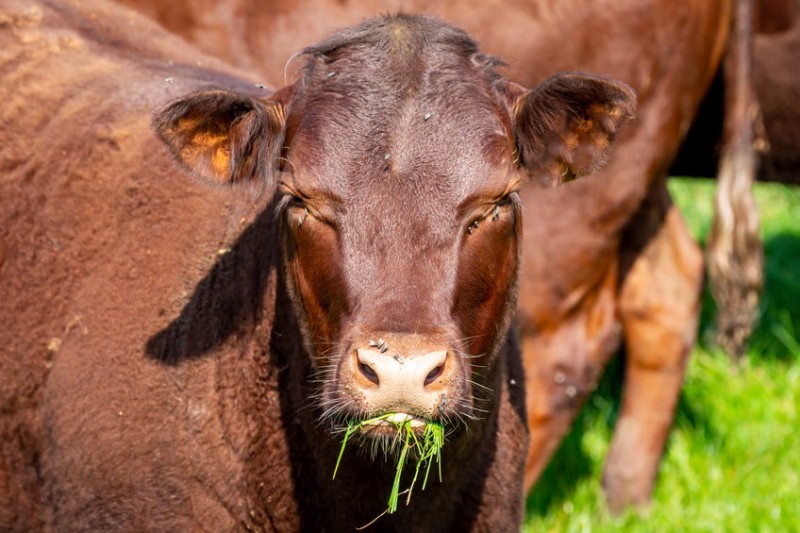
The public have shared their concerns on genome editing in livestock as new laws which could transform farming are debated in parliament.
As England moves closer to allowing the use of genome editing, a new public dialogue has given fresh insight into views on precision breeding and its implications for agriculture.
Genome editing is the precise alteration of a DNA sequence in a living cell. In animal breeding it could be used to produce livestock with certain traits, for example, animals that are resistant to some viruses.
The new public dialogue was commissioned by the Biotechnology and Biological Sciences Research Council (BBSRC) and the Nuffield Council on Bioethics.
Participants discussed the potential benefits and concerns around the use of genome editing to address some major challenges within the food and farming system, such as animal diseases, environmental impacts and food security.
These considerations are especially relevant in relation to the Genetic Technology (Precision Breeding) Bill, which the government says will "introduce simpler regulatory measures to enable these products to be authorised and brought to market more easily."
Overall, participants felt that the public could provide a valuable input into the policy process and that there should be an opportunity for wider public debate to help direct research and innovation in this area.
They also expressed a need for more clarity on the government’s overarching plan for the future of food and farming in order to understand how genome editing would fit into it.
A better understanding of the purposes for which precision breeding might be used was also highlight, as well as its impacts and wider consequences.
Participants also said that genome editing should be aimed at supporting animal welfare and directed towards the public interest, rather than the interests of commercial producers. Regulation was felt to be an important part of this.
And questions were raised about how long-term impacts of genome editing in farmed animal breeding would be monitored and understood and were keen to see this factored into regulation.
Participants also expressed a desire for policy makers to consider promoting alternative approaches to addressing food and farming challenges, rather than automatically privileging new technological solutions such as genome editing.
Danielle Hamm, director of Nuffield Council on Bioethics, said: “With the Bill currently going through parliament, this is a crucial moment for policy makers to listen to the important public perspectives that have emerged during this dialogue.
"We trust that policy makers will engage with this dialogue to help shape regulatory pathways and direct the development of genome editing in agriculture towards ethically acceptable outcomes."
